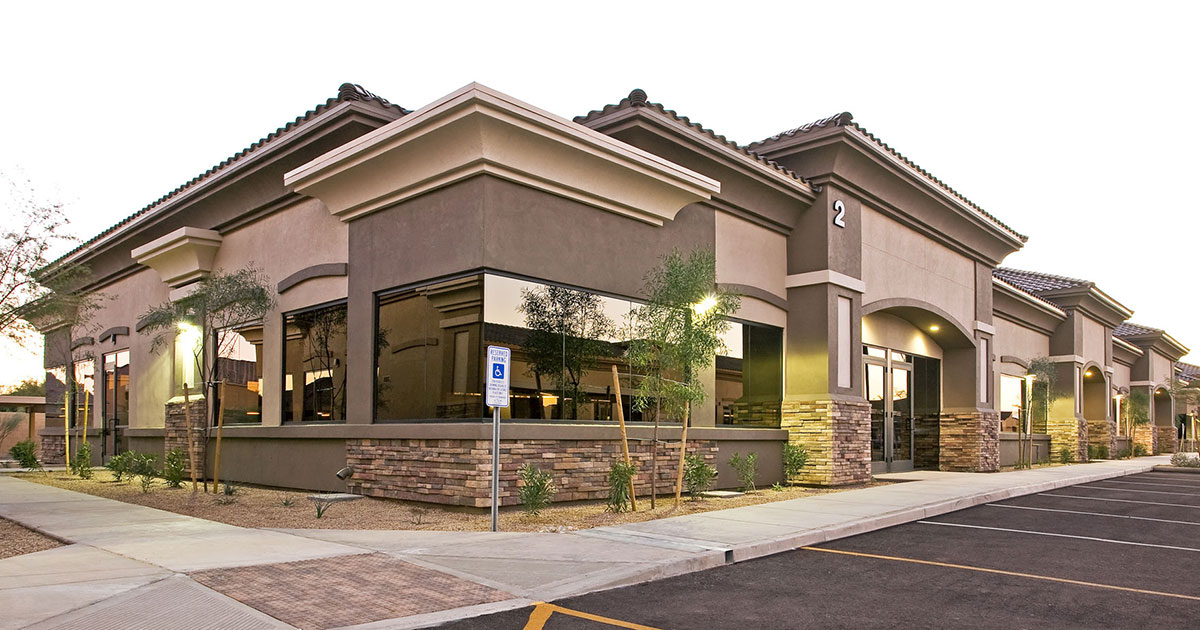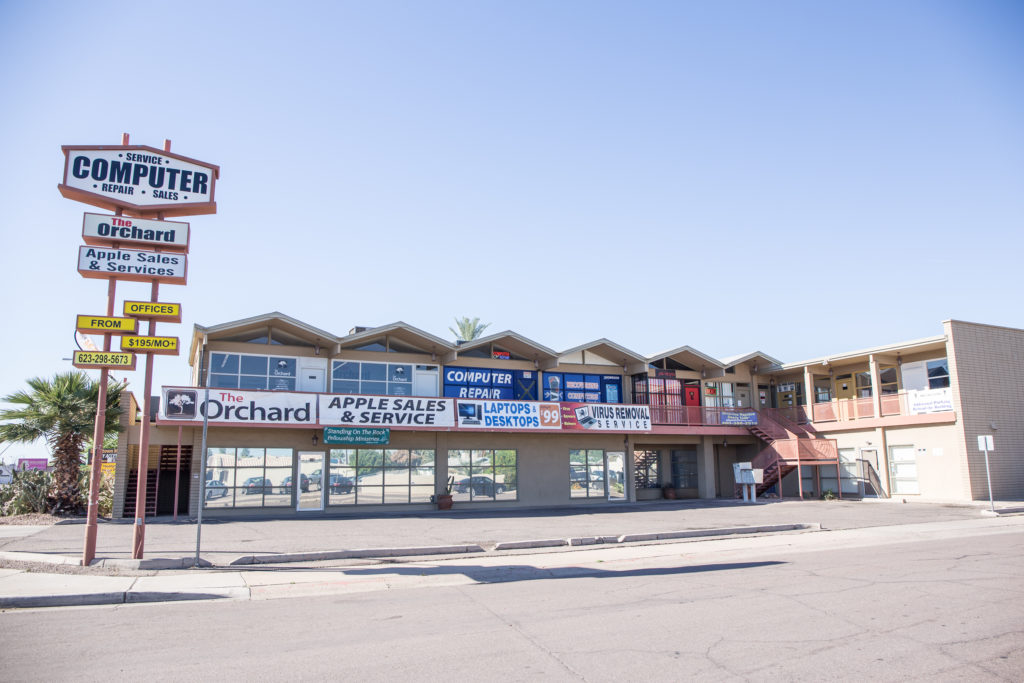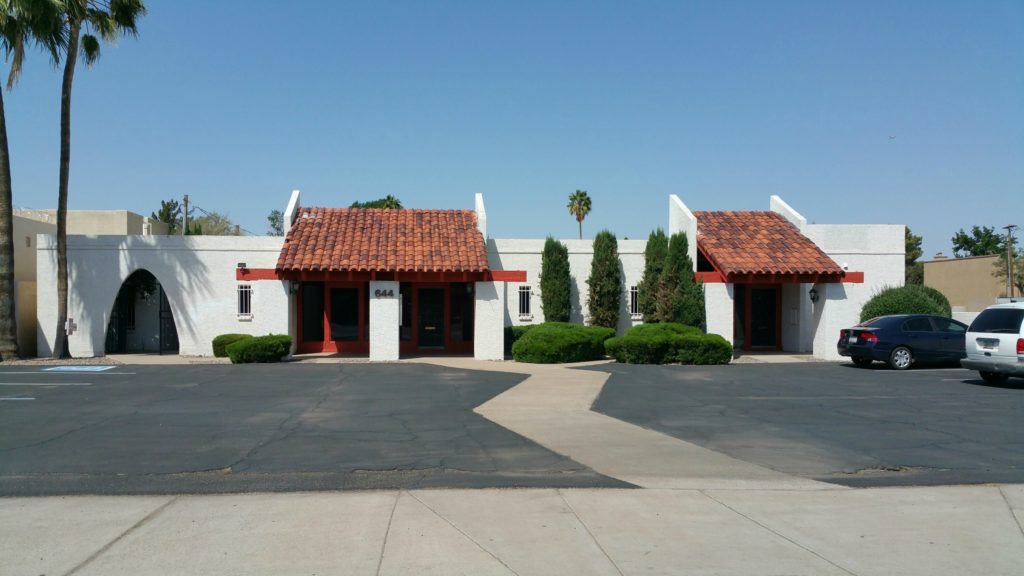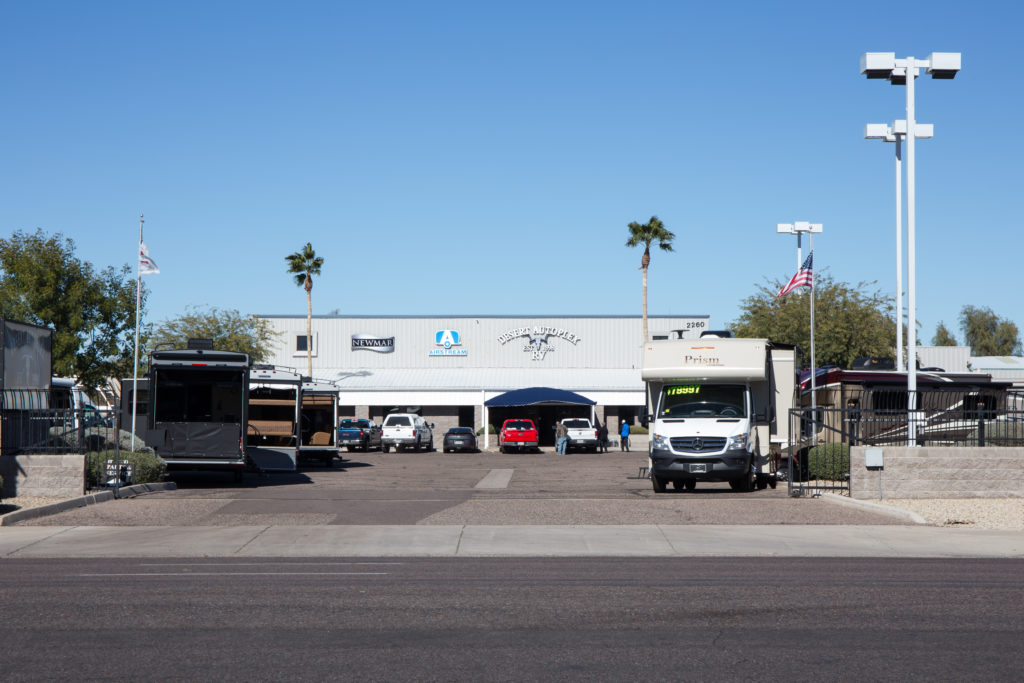If you have currently made the decision to invest in commercial real estate for the first time, diversify your investments, undergo a commercial lease renewal or find a new location for your business, you will need the services of a commercial real estate broker. Why? Generally speaking, the many advantages provided by a commercial real estate broker can help ensure you are protected as your deal proceeds.
Many people aren’t aware of how much more advantageous it is to leverage a real estate broker for such important transactions. Whether you’ve never used a real estate broker before or are looking for a better fit for your situation, finding the right person takes a bit of research. Fortunately, this guide to hiring a real estate broker will further highlight the distinct advantages offered by commercial real estate brokers as well as outline several important considerations you should make while hiring.
What Is a Real Estate Broker?
To successfully begin the hiring process, it is essential to realize what, exactly, a real estate broker does and what sets a broker apart from other real estate professionals. While all real estate professionals, including agents, consultants, associates, realtors, and brokers, can sell real estate, brokers have a distinct advantage over the others.
Most brokers have more training than a realtor or agent. They are also typically held to a higher knowledge standard. In most cases, a broker must take college-level coursework and hold either a bachelor’s or higher degree or have at least two years of real estate experience before completing the certification requirements. Most often, brokers work as independent agents and may have agents working for them.
Why Use a Broker?
For business owners used to negotiating their own deals, hiring a broker can seem unnecessary. At the beginning of a search for commercial property, many people are tempted to undergo the process on their own, but that is usually not in their best interests – and it doesn’t help financially. Tenant and Buyer representation is at no cost to the client; it’s paid through the commission of the lease/sale from the seller.
While it is true that some professionals manage to complete the buying process alone, they’ve done just that – they’ve accomplished the process but are likely missing out on real advantages. Commercial real estate brokers offer a wealth of advantages to clients that aren’t easily undertaken by a busy business owner with multiple other responsibilities.
Primarily, commercial brokers are more effective because they’re accustomed to performing legal real estate negotiations and navigating jargon-filled contract and lease documents, ensuring your negotiations will be handled correctly and in a timely manner without taking away from your other responsibilities. Their vast breadth of knowledge regarding the local markets, as well as local zoning procedures, can help you maximize your profits and alert you to findings the average professional is not aware of. In addition, even brokerage fees are often split with the listing party, minimizing your expense.
How to Find a Broker
Once you’ve decided to use the services of a commercial real estate broker, you’ll need to locate candidates for the job. In most markets, there are two primary ways to do this:
Referrals from Former Clients
Utilize your contacts and find associates who have been satisfied with their broker. Ask which aspects of working with this broker they were happy with, as well as things they may change about the experience. Strengths and weaknesses can vary from a client’s perspective, so don’t be afraid to get multiple opinions. Ultimately, you’ll want to know whether they would work with the same broker again.
Online Reviews and Resources
As with any other service, brokers are subject to a wealth of reviews and critiques online. You can find reviews on multiple online real estate sites like LoopNet, but the gold standard for reviews is often Google itself. Read as many as possible, both positive and negative, and build an overview based on the average.
What to Look for in a Broker

If, during your search for broker candidates, you’ve found one or more potential professionals you like, the next step is determining their qualifications. While all brokers in the state must meet the same minimum qualifications, you’ll need to ensure the broker will meet the needs specific to your unique situation. Look for the following:
A Broker in Your Niche
Your property needs are unique depending on the sector of business you occupy. Ideally, a broker with expertise in your asset type will be able to provide personalized insight into the market, identify the buildings that best meet your needs, and come equipped with knowledge regarding the zoning, licensing, fees, and other specifics of the purchase. Moving forward, a broker in your niche can continue to aid with future purchases.
An Expert in the Target Area
Similar to a niche expert, a broker who is an expert in your target market should have a depth of knowledge regarding laws, resources, restrictions, zoning, and proposed developments an outsider would not. In addition, area experts should property lists readily available for your perusal, drastically reducing the time necessary for your new property search.
Superior Communication
Communication is essential for any real estate broker. Do they return phone calls or emails in a timely manner? Did they take the time to discuss your needs, wants, must-haves, and other aspects of your search? Most importantly, does your broker follow through as promised?
A Well-Connected Professional
When you’re searching for a real estate broker, you need a full-time, experienced professional who makes commercial real estate their business. Such professionals are usually well-connected in the area as well as within your niche, which will likely afford you the opportunity to begin building other essential relationships within the community. These relationships have the potential to lead to additional investment opportunities, business networking connections, and more.
Getting Started in Commercial Real Estate
Finding an individual you believe to be your ideal real estate broker is only part of the battle; now, you’ll need to set up a telephone or in-person meeting to ensure the relationship works for both of you and solidify your agreement. If both broker and client are on the same page, the relationship can begin positively.
Begin by telling your broker crucial information about the properties in which you are looking to invest. Be sure to specify the asset type, class of properties, classification of properties, desired area, and ideal price range. It is at this point that your broker has the opportunity to demonstrate the expertise and communication skills you identified in the steps above. A professional real estate broker who is an expert in your niche as well as in your target area should return communication fairly quickly, as the bulk of the current listings should be accessible as needed. Your broker should have an information-rich list of properties that may meet your needs and be willing to discuss negotiation techniques, fees, commissions, and the presence or absence of in-house services to help bring your project to completion.
If the initial consultation went well and you’ve established a relationship with your broker, you’re well on your way to a commercial property deal. As the deal proceeds, good communication, transparency of all fees and policies, and other fair-practice behaviors should remain in place, protecting you and your assets along the way. Finally, always remember to treat your real estate broker as a professional whose time and expertise truly matters to your bottom line; if the broker meets all the qualifications and criteria listed above and treats you well in return, you’re bound to have a business relationship that will benefit you both for years to come.
COBE is THE Trusted Brokerage for Commercial Real Estate in Phoenix

If you’re looking to buy commercial real estate property in or near the Phoenix area, it’s time to consult with a broker you can trust. COBE’s commercial real estate broker team can help you finalize the ideal transaction to meet your needs.
With over 50 years of combined experience and $500 million of combined real estate volume, we’re confident we are the right solution for your commercial real estate needs.
Request a Consultation by Phone at 480-610-2400 or Contact Us Online Today.





 Downtown Phoenix
Downtown Phoenix Growth in Queen Creek and San Tan Valley
Growth in Queen Creek and San Tan Valley Retail and Restaurants
Retail and Restaurants

 Dave Collins
Dave Collins
 Brad Broyles
Brad Broyles



